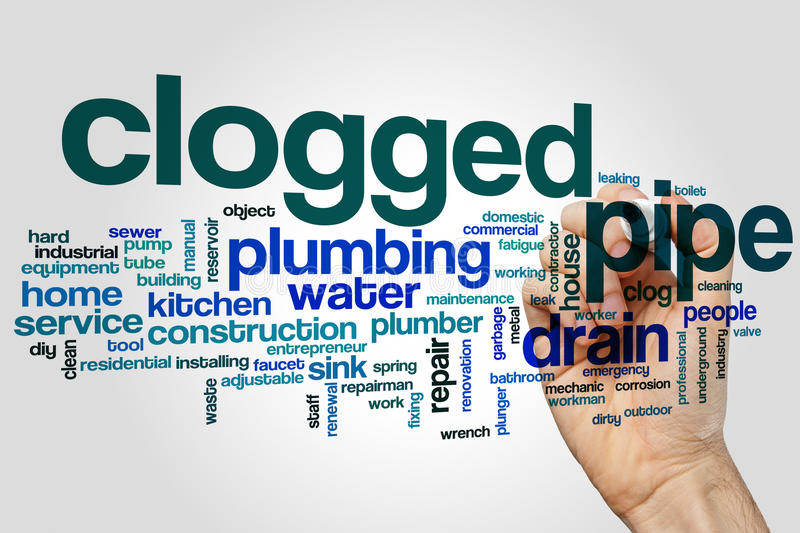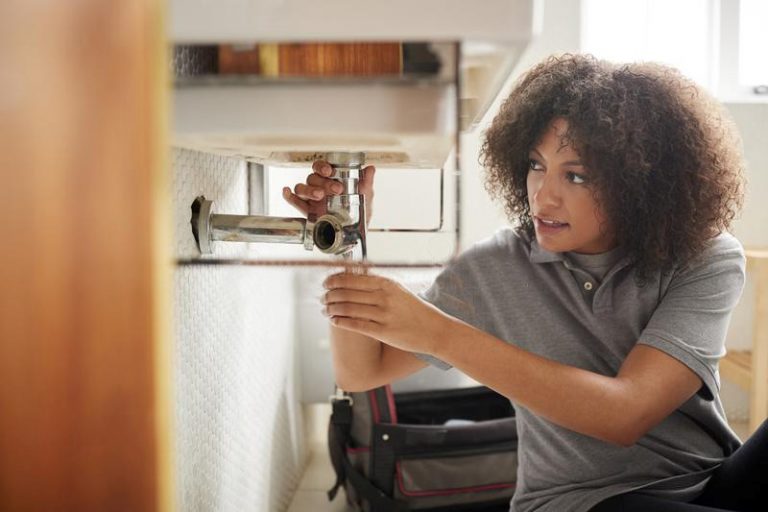
Introduction to the Inspiring Life of Author Mildred D. Taylor
Introduction You’ve probably read a few books in your lifetime. But have you ever read a book that changed your life? That’s what Mildred D.

Learning a trade or skill and then mastering it can be quite a lucrative career path, and the same goes for plumbing. If you enjoy interacting with people while also helping to fix one of the most essential systems in homes and offices, becoming a plumber could be the right option for you.
Besides, those who work in plumbing enjoy steady work and great pay even in a slow economy because there is just so much work to do. There are always some new construction projects, and old buildings always have repair and maintenance work.

This also means that getting into the profession is somewhat competitive, and early preparation can be key. If you’re interested in pursuing a plumbing career, then the next step is to learn what it takes to make your goal a reality.
So today, we try to write everything there is to know for joining this career path.
How do you become a Plumber?
While the requirements for becoming a professional plumber vary by state, here are the basic steps.
In addition to acquiring the necessary skills, such as basic communication skills, math, and customer service, there are several steps you need to take to become a plumber. The steps are as follows:
1.Get your high school diploma or GED.
You are eligible to pursue a career in plumbing if you have a high school diploma or you’re currently in high school and working to obtain your diploma. Those who have not received a diploma may also earn a GED.
2.Complete vocation training for plumbing.
You don’t have to have a college degree to be a professional plumber. However, you must complete highly specified vocational training. For that, you must enroll in an accredited technical college or trade school that offers plumbing vocational classes. They enable you to become certified on drainage systems, water, and how to use piping equipment.
3.Complete a plumbing apprenticeship.
Depending on your state of residence, you will likely be required to work alongside an experienced plumber as an apprentice for a certain number of hours. The length of the apprenticeship will vary but could take as long as two to five years.
During a plumbing apprenticeship, you will receive on-the-job training and learn about plumbing codes, plumbing procedures, and specialized skills.
4. Get licensed.
Certain areas will require you to pass a written exam, a practical test, or both to earn your plumbing license. If testing is needed in your area, you will likely have to take it once you have completed your technical courses and your apprenticeship program.
Once you’ve passed the exam, you are officially a licensed journeyman plumber!
5.Gain experience.
Once you have obtained your plumbing license, you can continue gaining experience as a professional plumber. You can also take additional classes to learn more about the trade and develop new skills, which can help you advance in your career. Eventually, you may even grow to the role of a master plumber, which receives higher pay and more benefits.
What subjects do Plumbers study?
Plumbers should have a strong foundation in various subjects, such as science, technology, computer, and math. These are the subjects which they study like all students during high school. While during the training, they study:
What do Plumbers really do?
Plumbers usually travel to different work sites each day, performing their jobs in homes, office buildings, and factories. They work in tight spaces, typically indoors, but some may work outside, even in harsh conditions and poor weather.

For residential works, plumbers install and repair pipes that supply water and gas to and carry waste away from homes. They also install plumbing fixtures such as bathtubs, sinks, toilets, and appliances, including dishwashers and washing machines.
On the other hand, plumbers working on commercial projects work in public places like shopping centers, offices, and educational facilities. Unlike residential work, a common task in these environments is installing or maintaining water supply and waste removal systems. For example, smaller jobs in public settings might include installing drinking fountains or water sprinklers to prevent fires.
An important thing to note here is that for mega projects, where installation of a new piping system is required, plumbers work alongside other construction workers from different departments. Therefore, they have to be good at communication and teamwork.
Also, besides the regular work, they must be on call regularly to respond to any emergency work that may arise.
What Jobs or roles do they have?
Most plumbers work full-time jobs, while some form small companies and work independently with 3 or 4 junior plumbers in the team. For both types, evenings and weekends are often part of their work schedule. Plus, over time (more than eight hours a day or more than 40 hours per week) is expected (obviously, they do get paid for that).
However, plumbers who get significant experience doing the same job start working as specialists for that particular job and get the specific job title. A few examples are:
These are just a few examples, while there are several other specific job roles that plumbers perform.
What is a Plumber’s career outlook?
According to the U.S. Bureau of Labor Statistics, plumbing is one of the fastest-growing jobs in this country. The job outlook for this field is excellent and projected to grow 4 percent from 2019 to 2029, about as fast as the average for all occupations. In that period, an estimated 20,900 jobs should open up.

This shows that plumbing is a secure job; as plumbing services will always be in demand, plumbers are not at risk of losing their jobs to machines. Moreover, plumbing jobs cannot be outsourced for cheaper labor overseas.
What are some good learning resources for plumbers?
Every professional watches out for opportunities to grow his skill set or knowledge and ultimately excel at what he does. Likewise, ambitious plumbing professionals also look for resources and tools that can help them be better.
When you join them, you become part of a worldwide family of advanced plumbing professionals and gain immediate access to their combined technical knowledge and industry support. ASPE members are leaders in the plumbing engineering industry, and joining them offers invaluable networking and career advancement opportunities.
So, that’s all from our side. We hope we laid out a detailed roadmap for your plumbing career path!

Introduction You’ve probably read a few books in your lifetime. But have you ever read a book that changed your life? That’s what Mildred D.

So you’re interested in becoming a podiatrist? That’s great! Podiatry is a fascinating and multifaceted field that can lead to a rewarding career. But before

If you’re not familiar with Sharon Flake, she’s a prolific author of young adult literature. Her books explore tough issues facing teenagers, from racism and

Introduction You’ve probably read a few books in your lifetime. But have you ever read a book that changed your life? That’s what Mildred D.

So you’re interested in becoming a podiatrist? That’s great! Podiatry is a fascinating and multifaceted field that can lead to a rewarding career. But before

If you’re not familiar with Sharon Flake, she’s a prolific author of young adult literature. Her books explore tough issues facing teenagers, from racism and

Hi, art lover! We wanted to introduce you to Shane W Evans, an extremely popular illustrator, and author. Evans was born in Columbus, Ohio, in